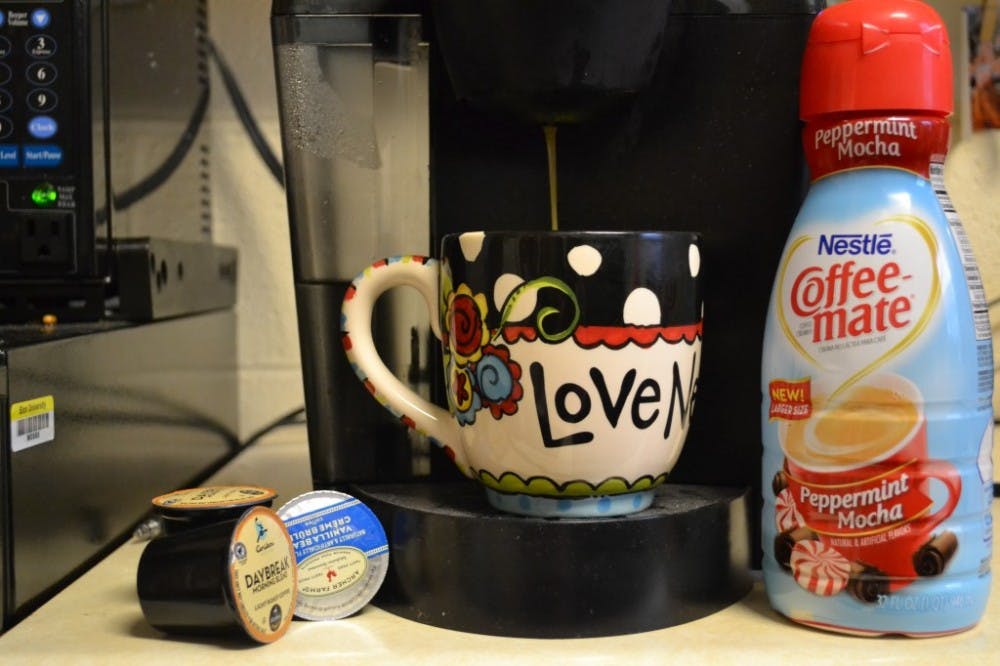You glance down at your empty mug and look longingly towards the coffee machine across the room. One cup more won’t hurt, right? You won’t sleep tonight, but who cares? You will make up for the lost snooze hours tomorrow night, and you can even take a quick nap between classes later. It is really not a big deal.
We can all recognize the above scenario, whether you too find yourself drinking large amounts of coffee and losing sleep or whether you’re dealing with something entirely different. Whatever your impulse may be, these problems all fall under what society has deemed “bad habits.” Studies over the years continue to show that bad habits are detrimental to our health and can shorten a person’s lifespan.
Well, that’s just a downer. Who would want to live a short life?
The good news is that there are ways to take that horrid, frowned-upon habit of yours and move it up a few notches on its approval rating. Chatting with friends about your latest coffee binges or reoccurring sleep deprivation will feel like shooting the breeze because you, my friend, can change the negative stereotype of your bad habits.
Take coffee, for example, which has won the hearts of many college students. The dangers of caffeine have been instilled into people’s minds since early childhood. Studies label caffeine as a common culprit of stunted growth, raised blood pressure, indigestion, insomnia, headaches and early death. Thanks to the overwhelmingly large number of scientific studies shoving these facts down our throats, it’s clear there are many negative effects from caffeine abuse. So how can one’s love for coffee make the change from being labeled as a bad habit to a not-so-bad habit?
For starters, maybe drinking your daily dose of coffee isn’t as bad as people make it out to be. A study published in “Archives of Internal Medicine” states that women who drink two or three cups of coffee per day actually have a 15 percent lower risk of depression. Newer research is suggesting the rich antioxidants found in coffee can help fight cancer.
There are simple ways to improve a bad coffee habit and shrink the dilemma surrounding the consumption of copious amounts of caffeine. Decaffeinated coffee was invented for a reason, and it allows coffee-addicted folks to still get that rich taste of a freshly brewed cup without the harmful effects of caffeine. If you drink coffee for the energy burst that follows, you can help combat the caffeine effects by simply lessening your intake. Someone who is used to drinking three cups of coffee per day can start by reducing their caffeine load to two cups per day. It takes 21 days to form a habit, so if you stay strong and stick to a plan where you drink one less cup a day for 21 days, you will have successfully created a better habit that still lets you indulge in your favorite coffee drink.
No matter what your bad habit may be, the trick to transforming a bad habit is remembering that change is going to take commitment. You don’t have to completely rid yourself of whatever it is that has you hooked. You just have to lessen the negative impact it has on your life. It’s all about compromise and motivation. 21 days may seem like a long time to stick with something, but the small changes you make to your bad habits will transform your terrible habits into milder habits, and ultimately improve your overall well-being.


